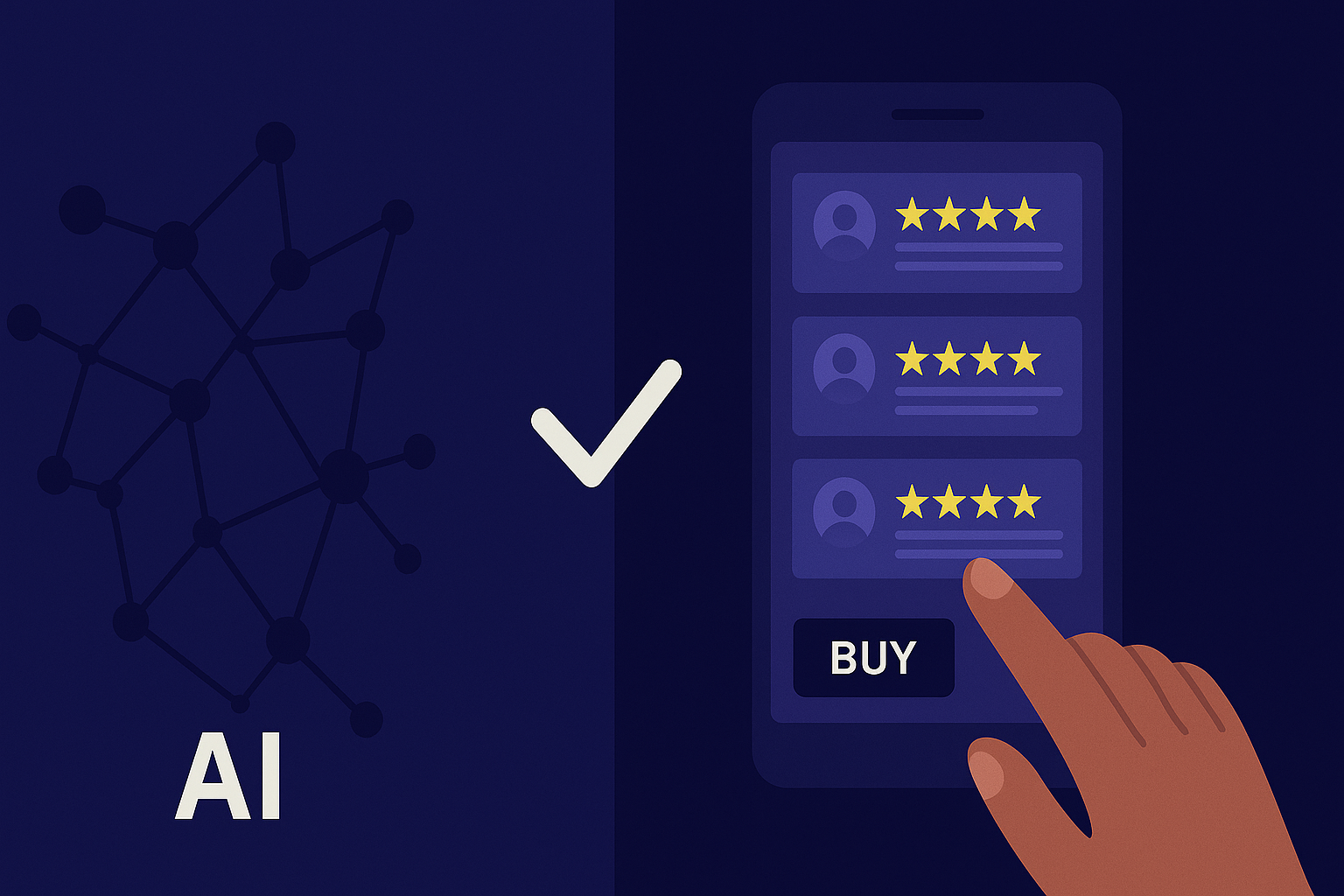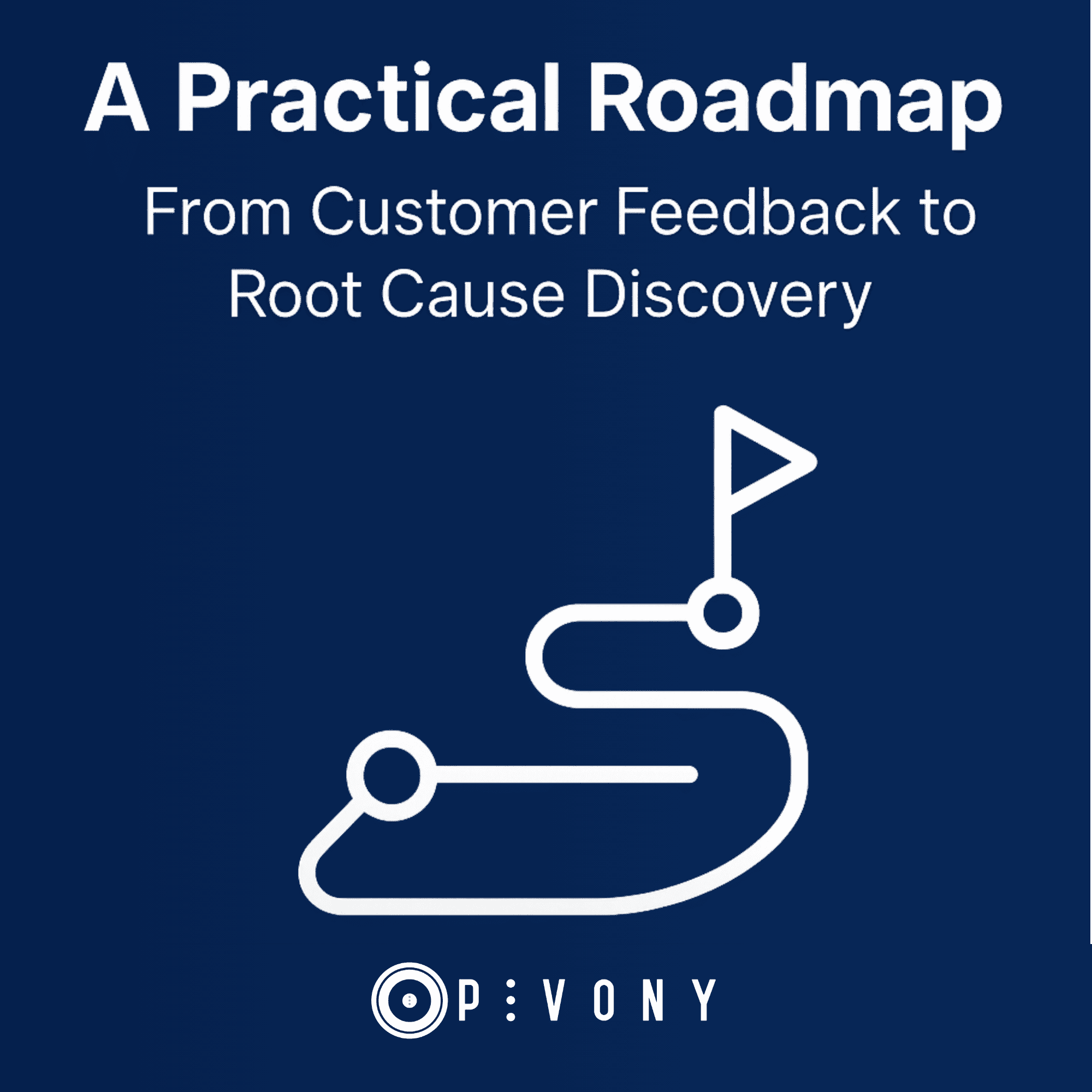Ethical Use of AI in Customer Experience
Artificial Intelligence (AI) is reshaping how businesses interact with customers. From personalized recommendations to automated support, AI enhances efficiency — but it also raises critical ethical questions.
Why Ethical AI Matters
Ethical AI isn't just about compliance — it's about building customer trust. Brands that prioritize fairness, transparency, and privacy create more meaningful and lasting relationships.
What Is Ethical AI in CX?
Ethical AI in customer experience involves:
- Fairness: Avoiding bias in customer-facing algorithms
- Transparency: Explaining when and how AI is used
- Privacy: Ensuring responsible data usage and user consent
Real-World Example: Ensuring Fairness in Bank Loan Approvals with Ethical AI

Imagine a bank that uses AI to assess personal loan applications. Instead of letting opaque algorithms make decisions behind closed doors, the institution builds ethical AI principles into every step of the process:
- Transparency: Every applicant receives a clear explanation of how the decision was made — which data points mattered and why.
- Fairness: The AI system is regularly audited to ensure it doesn’t disadvantage applicants based on race, gender, or location.
- User Autonomy: Customers can dispute the decision and request a human review, instead of being blocked by a black-box outcome.
- Human Oversight: Final decisions are reviewed by real people for edge cases and sensitive profiles.
By embedding fairness, explainability, and user control into the loan approval process, this bank doesn’t just automate faster — it earns trust and creates inclusive financial access.
Benefits of Using Ethical AI
- Builds stronger customer trust and loyalty
- Enhances brand reputation in a competitive market
- Helps meet compliance regulations like GDPR and KVKK
Action Plan: How to Apply Ethical AI Today
Here’s how your team can start implementing ethical AI practices immediately:
- Run regular bias audits on customer-facing algorithms
- Disclose clearly when and where AI is used
- Offer customers control over personalization settings
- Avoid black-box models in high-impact decisions
- Keep human oversight for sensitive decision points
Downloadable Checklist
Need something practical? Download our one-page Ethical AI Checklist and share it with your team.

Want to Go Further?
At Pivony, we help leading brands integrate ethical AI into their customer feedback analytics and automation flows.
🚀 Book a free demo to see how Pivony empowers ethical, data-driven decision making:
.png)




